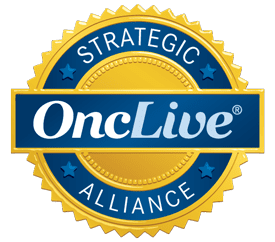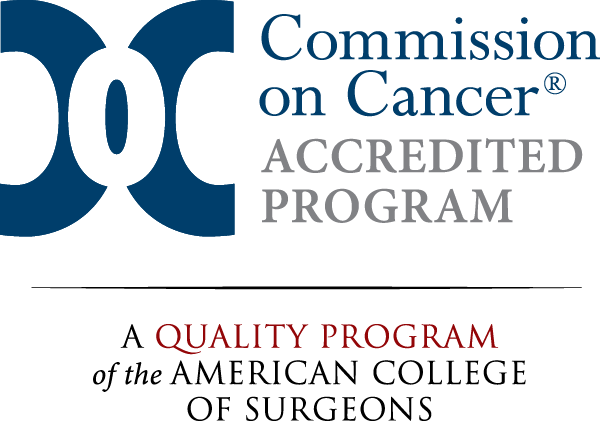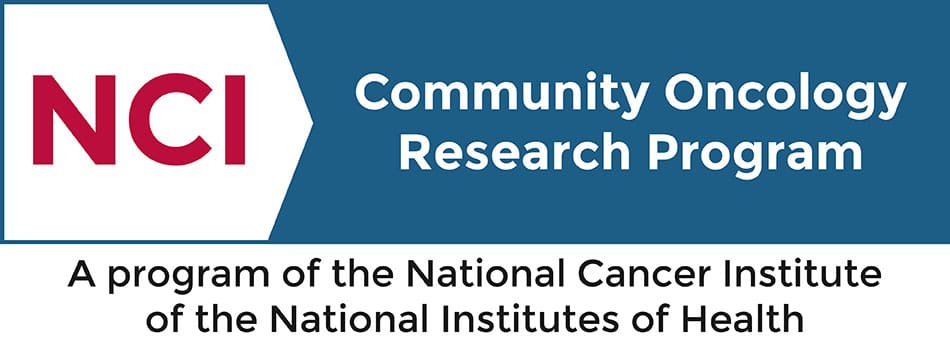An exciting study was published in Frontiers in Oncology (12/13/2022) with Dr. Cataldo Doria, Medical Director of the Capital Health Cancer Center, serving as a contributor. Please see the abstract below or click here to review the full study.
Dr. Cataldo Doria Commentary: This research has identified genetic materials circulating in the blood stream that can be used for early diagnosis of primary liver cancer. This discovery has the potential to introduce a screening test for liver cancer that can be used in the clinical arena to diagnos this disease when it is still treatable.
Background and rationale: Liver derived messenger ribonucleic acid (mRNA) transcripts were reported to be elevated in the circulation of hepatocellular carcinoma (HCC) patients. We now report the detection of high-risk mRNA variants exclusively in the circulation of HCC patients. Numerous genomic alleles such as single nucleotide polymorphisms (SNPs), nucleotide insertions and deletions (called Indels), splicing variants in many genes, have been associated with elevated risk of cancer. Our findings potentially offer a novel non-invasive platform for HCC surveillance and early detection.
Approach: RNAseq analysis was carried out in the plasma of 14 individuals with a diagnosis of HCC, 8 with LC and no HCC, and 6 with no liver disease diagnosis. RNA from 6 matching tumors and 5 circulating extracellular vesicle (EV) samples from 14 of those with HCC was also analyzed. Specimens from two cholangiocarcinoma (CCA) patients were also included in our study. HCC specific SNPs and Indels referred as “variants” were identified using GATK HaplotypeCaller and annotated by SnpEff to filter out high risk variants.
Results: The variant calling on all RNA samples enabled the detection of 5.2 million SNPs, 0.91 million insertions and 0.81 million deletions. RNAseq analyses in tumors, normal liver tissue, plasma, and plasma derived EVs led to the detection of 5480 high-risk tumor specific mRNA variants in the circulation of HCC patients. These variants are concurrently detected in tumors and plasma samples or tumors and EVs from HCC patients, but none of these were detected in normal liver, plasma of LC patients or normal healthy individuals. Our results demonstrate selective detection of concordant high-risk HCC-specific mRNA variants in free plasma, plasma derived EVs and tumors of HCC patients. The variants comprise of splicing, frameshift, fusion and single nucleotide alterations and correspond to cancer and tumor metabolism pathways. Detection of these high-risk variants in matching specimens from same subjects with an enrichment in circulating EVs is remarkable. Validation of these HCC selective ctmRNA variants in larger patient cohorts is likely to identify a predictive set of ctmRNA with high diagnostic performance and thus offer a novel non-invasive serology-based biomarker for HCC.


